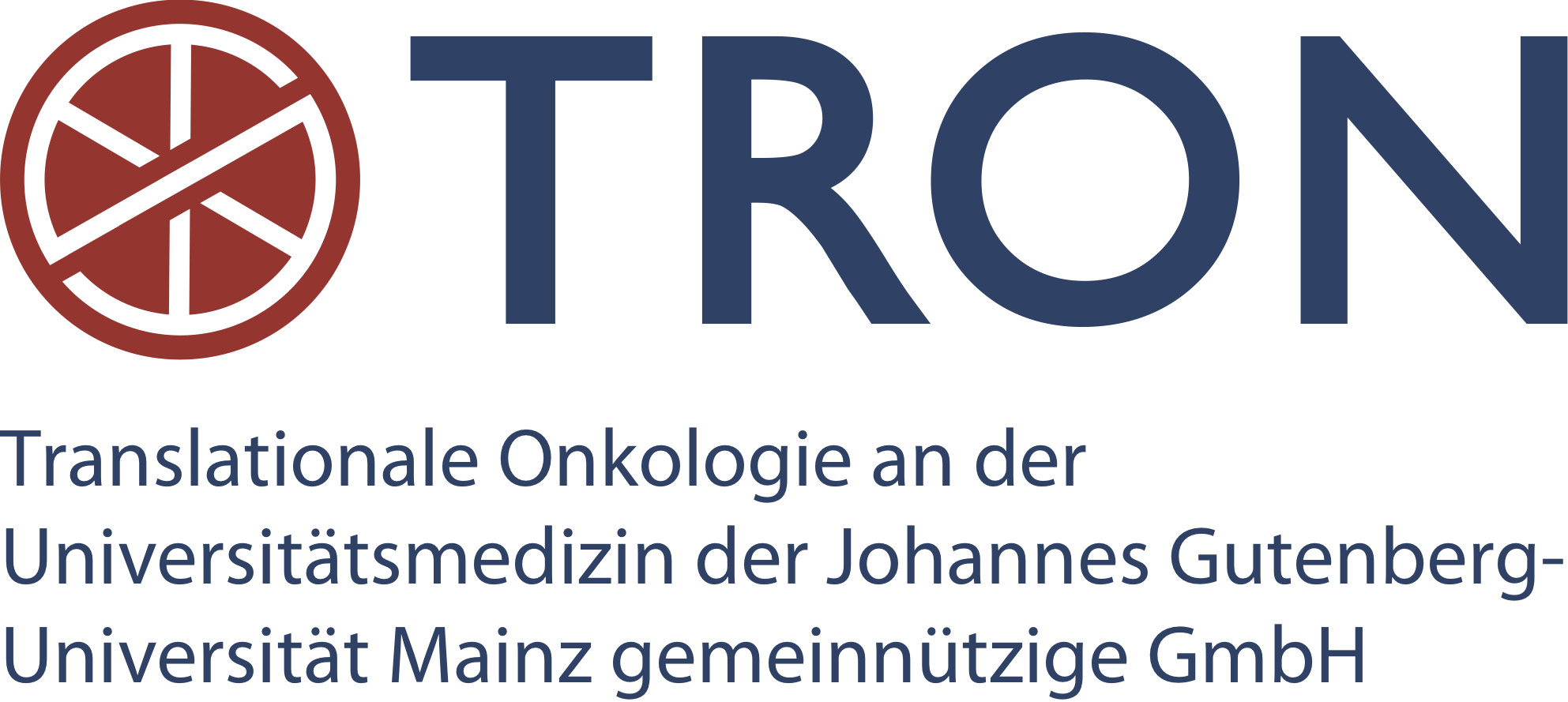News
Company News: TRON receives three-year research grant from the Falconwood Foundation to develop new treatment approaches for neuroendocrine tumors

TRON (Translational Oncology at the University Medical Center of the Johannes Gutenberg University Mainz, Germany), an internationally recognized leader in tumor immunology and cancer therapy research, has announced a three-year grant from the Falconwood Foundation, New York, USA, totalling 3 Million Euros. The grant supports the launch of a new research project to identify biomarkers specific for neuroendocrine tumors (NETs) that are crucial for the development of new, personalized immunotherapies to treat NET patients.
NETs are cancers that arise from cells of the endocrine (hormonal) and nervous systems. These neoplasms share common features, including biomarkers. TRON has previously identified several candidates for targeted therapy in tumors with neuroendocrine differentiation. The research project will elucidate the molecular function of these candidates and their utility as biomarkers and will evaluate different clinical applications to treat NETs, such as vaccination and antibody therapy. The prospective goal is to characterize and validate the biological and clinical relevance of selected drug candidates to treat neuroendocrine tumors and to transfer them to a clinical setting.
“We are very pleased about this three-year grant from the Falconwood Foundation, which highlights the quality of our research,” said Prof. Ugur Sahin, Managing Director Science & Research and co-founder of TRON. “The complexity of these tumors is an obstacle in identifying new treatment concepts and we hope to be able to contribute to the development of targeted immunotherapies addressing this medical need.”
The incidence of neuroendocrine tumors has markedly increased over the past 15 years. For example, Surveillance Epidemiology and End Results (SEER) data from the National Cancer Institute (NCI) show a 6.4-fold increase in the incidence of neuroendocrine tumors from 1973 to 2012 in the United States. At the same time, there is a high unmet need for novel therapeutics as well as improved research and patient care guidelines for NETs.
